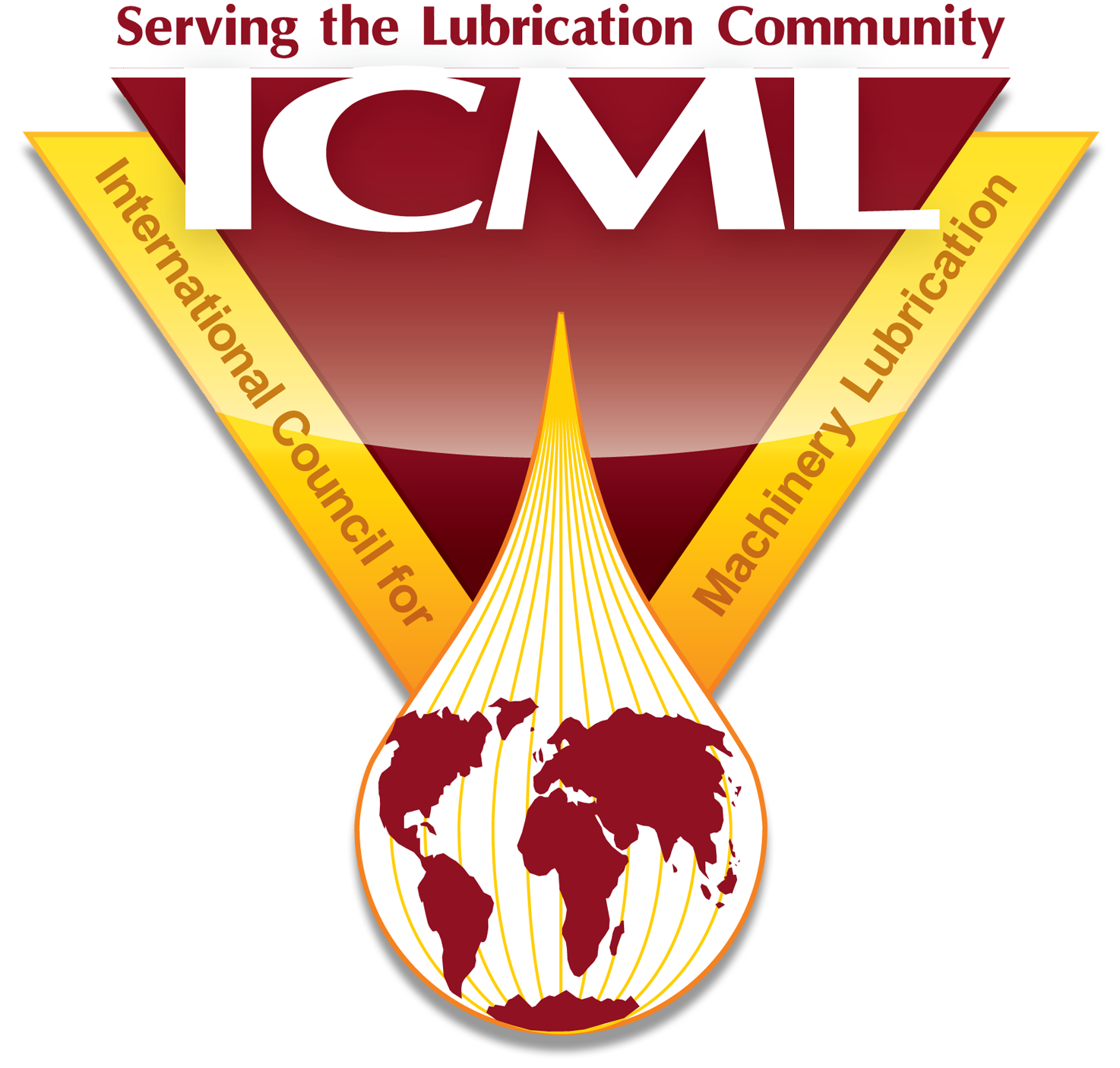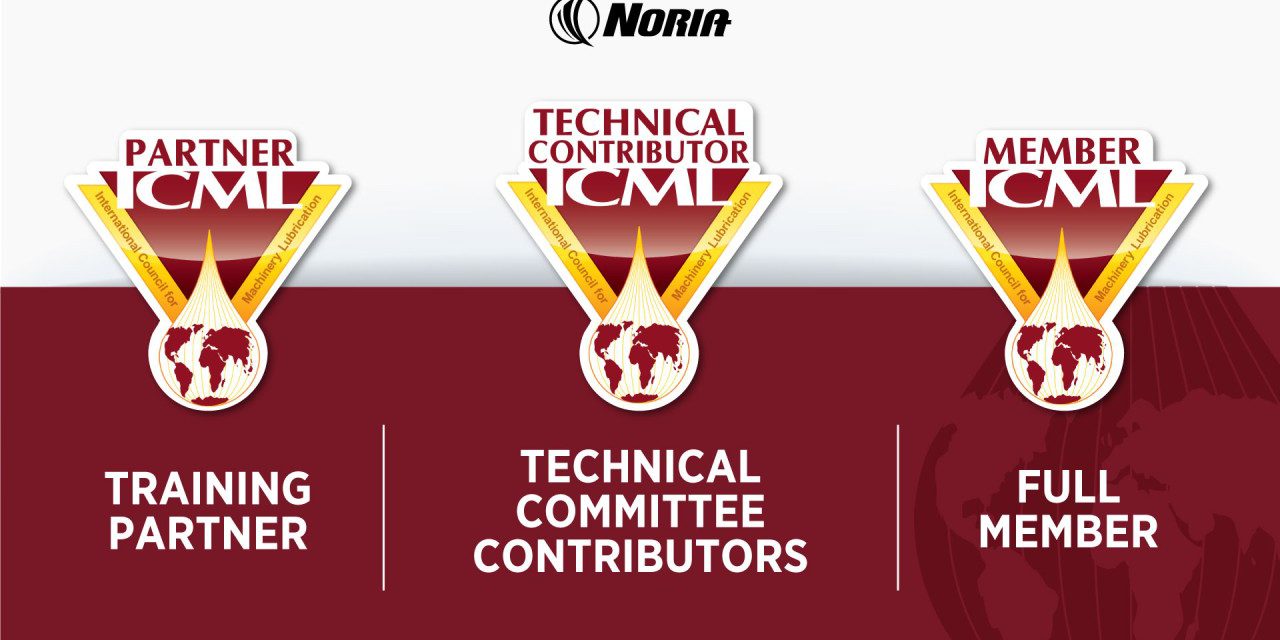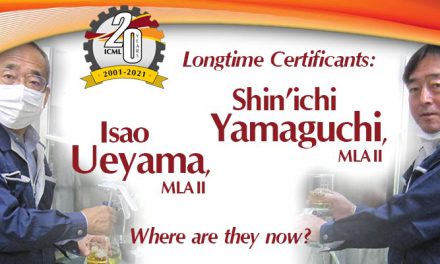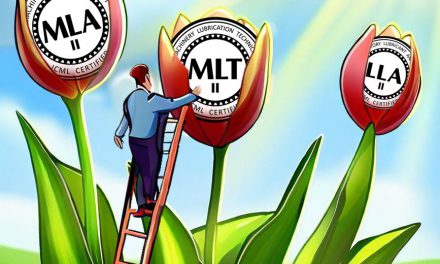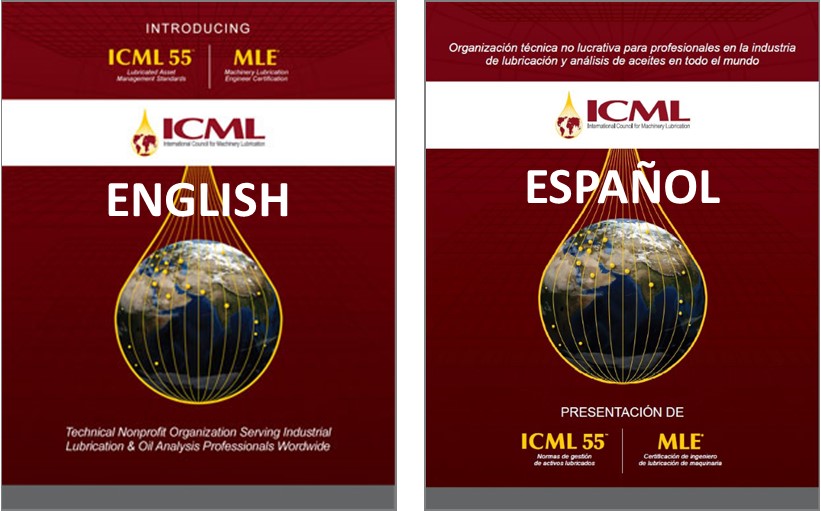Gerardo Trujillo, May 8, 2024 | The International Council for Machinery Lubrication was founded in 2001. At that time, an independent organization was needed that could support lubrication professionals around the world to transform a painful reality: lubricators around the world lacked professional education, and organizations gave little importance to lubrication activities, much less to those who worked in that area. Low salaries, little or no opportunity for growth and, therefore, the lubricator position had no career plan.
That is to say, no one wanted to stay in such a role, so they were looking to move to mechanic positions that presented greater opportunities for development and salary. Working in the lubrication area was unattractive in the industry.
Vendor-Neutral Origin
A different path had to be established that would achieve two things:
- create an awareness of the importance in the lubrication industry of precision maintenance that enables reliability, and
- create a professional plan so that technicians could develop cumulative competencies and take advantage of experience gained in the field to reduce lubrication-related failures while demonstrating lubrication’s relevance in achieving reliability objectives.
This volunteer work has been going on for 23 years now, but I cannot feel more proud than when I see the results that ICML has achieved.
The dreams and the need at that time were too great for the limited resources and personnel of any single company. Volunteer work would be needed. And so ICML began. With the help of a few (and later many), we began to work to shape the reality we now have. A Steering Committee with very high-level industry people and lubrication experts laid the foundations, the principles, and an ambitious work plan that was adapted and modified as our industry gave signals of its needs.
From the beginning ICML has been a neutral (no commercial commitments), global (includes professionals from all over the world in their own languages), and non-profit organization:
- to serve the industry as an authority that drives the optimization of asset reliability, utilization and cost,
- to be the vehicle for exchanging ideas and best practices,
- to ensure that people have the skills and competencies to carry out their lubrication jobs, and
- to recognize excellence and achievements in our field.
And it began with two programs: (1) Certification of personnel, and (2) industry excellence awards that provide recognition to lubrication and lubricant analysis programs.
Impacting the industry through volunteering
I remember in those years my volunteer work translating pages into Spanish, defining the bodies of knowledge for the Machine Lubricant Analyst (MLA) and Machinery Lubrication Technician (MLT) certifications. My work on the Certification Committee included proposing questions and reviewing questions—first in English, then later helping review translations that a certified expert translator gave us and who could be very certified, but really knew very little about the lingo of lubrication and maintenance).
This volunteer work has been going on for 23 years now, but I cannot feel more proud than when I see the results that ICML has achieved during this time. In 2021, an article was published in “Machinery Lubrication Magazine” that recounts the first 20 years. ICML’s achievements are extraordinary, and dreams have been fulfilled (and exceeded). I currently work on three committees and have had the honor of being nominated this year (2024) to the Board of Directors.
Two of the more recent initiatives I have worked on as an ICML volunteer—and I can say that these are among the most satisfactory (due to my conviction of their importance in our industry)—have been the development of the ICML 55.1:2019 Standard, “Requirements for the Optimized Lubrication of Mechanical Physical Assets,” and also my participation in defining the scope of the Machinery Lubrication Engineer (MLE)® credential. These initiatives laid the foundation for standardizing best practices for lubrication-enabled reliability and designing the profile of persons responsible for implementing those practices. A certified MLE’s competencies and skills are necessary to insert lubrication into a physical asset management system aligned with ISO 55001 (which I also had the opportunity to help define while representing Mexico). I have also participated to achieve agreements with COPIMAN, AMGA and the LATAM Maintenance and Reliability Congress.
Engagement Opportunities for all
ICML is supported by three core groups:
- Employees who work to maintain the vision and make things happen, coordinate the work, ensure the quality and validity of the certification systems, always maintaining respect for international standards, all while administering certification exams around the world and maintaining contact with the industry, etc.,
- Technical Committees (volunteers) who work on the development and maintenance of certification exams, and
- Members (who can be people or companies) who contribute financially so that growth objectives can be achieved.
Noria has been 100% committed to ICML from the beginning, convinced of its value and determined to strengthen, protect and promote it. All of our training courses are aligned to ICML certifications, and many of them provide knowledge for certifications in which we do not have a special course. Not only are we listed as ICML “Training Partners,” we are also in the “Technical Committee Contributors” and from the beginning we have been “Full Members.” Every time we meet with ICML it is like seeing family, greeting friends, remembering all this journey, developing new ideas and advancing projects.
Proud to be part of the ICML.
[Editors note: This article is also posted in Spanish on LinkedIn.com.]
